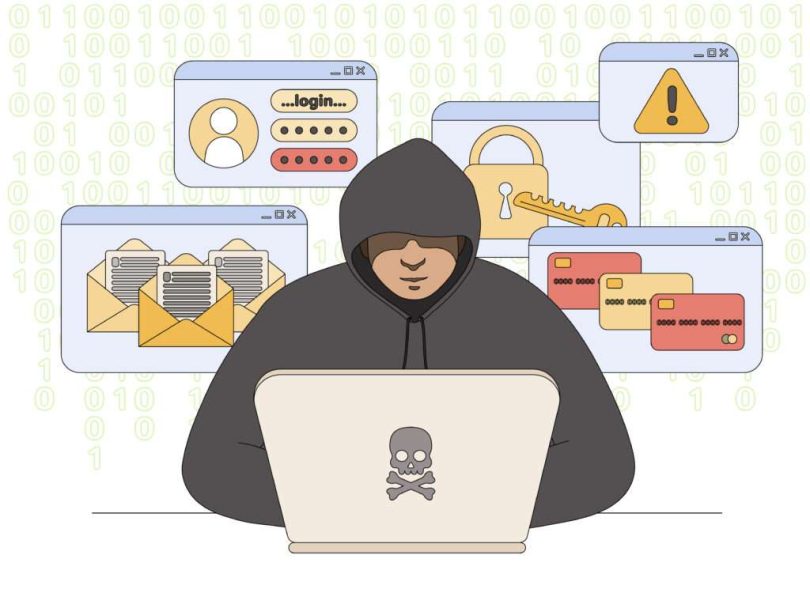What You Need to Know: Understanding the Importance of Mental Health in the Workplace
In recent years, mental health has become a topic of increasing importance in the workplace. Gone are the days of ignoring mental wellness and simply focusing on physical health. Modern employers are recognizing the critical impact that employee mental health can have on productivity, absenteeism, and overall job satisfaction. As a result, it’s essential for employees to understand the importance of mental health in the workplace and what they can do to prioritize it.
The Stigma Surrounding Mental Health
One of the biggest barriers to acknowledging mental health issues is the stigma surrounding the topic. Many individuals may feel embarrassed or ashamed to discuss their struggles, fearing that it may impact their professional reputation or make others uncomfortable. However, it’s crucial to realize that mental health is just as crucial as physical health. In fact, the World Health Organization estimates that one in four people will experience a mental health issue each year. By decreasing the stigma surrounding mental health, we can encourage open conversation and support system-wide.
Recognizing the Signs
It’s not always easy to identify when someone is struggling with mental health issues. They may appear outwardly fine, but behind closed doors, they’re battling internal turmoil. As colleagues, it’s essential to be aware of the warning signs, such as:
* Changes in mood, energy, or appetite
* Difficulty concentrating or paying attention
* Increased irritability or frustration
* Social withdrawal or changes in social behavior
By being more empathetic and understanding, we can help create a culture where employees feel comfortable opening up about their struggles. This can lead to a more supportive and cohesive work environment, which is beneficial for both the individual and the organization as a whole.
Taking Steps to Prioritize Mental Health
So, what can employees do to prioritize their mental well-being in the workplace? Here are a few strategies to consider:
* Take regular breaks: Whether it’s going for a walk during lunch or stepping outside for some fresh air, taking short breaks can help reduce stress and refresh the mind.
* Practice self-care: This might involve doing something as simple as meditation, journaling, or reading prior to bed to unwind.
* Seek support: Speaking with a colleague, manager, or mental health professional can provide valuable guidance and support.
Employers, too, play a crucial role in creating a mentally healthy workplace. Some strategies they can implement include:
* Providing mental health resources and employee assistance programs (EAPs)
* Enc



